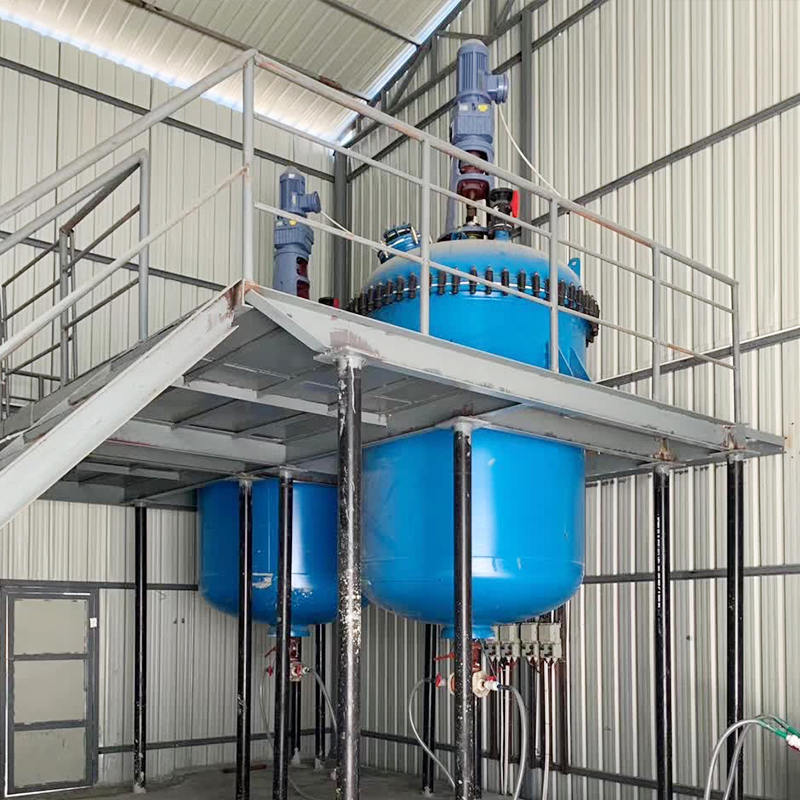Industrial circulating cooling water systems are essential components in various manufacturing and processing plants. These systems are designed to remove excess heat generated by industrial processes, ensuring optimal performance and preventing equipment damage.
What is an Industrial Circulating Cooling Water System?
An industrial circulating cooling water system is a closed-loop system that circulates water to absorb and dissipate heat from industrial processes. The system consists of several key components, including a cooling tower, pumps, heat exchangers, and piping. The water is continuously circulated through the system, absorbing heat from the process equipment and releasing it into the atmosphere through the cooling tower.
Components of an Industrial Circulating Cooling Water System:
Cooling Tower: The cooling tower is the primary component of the system, responsible for rejecting heat from the circulating water. It works by allowing the hot water to flow down through a series of baffles while air is blown upward, causing a portion of the water to evaporate and cool the remaining water.
Pumps: Pumps are used to circulate the water through the system. They ensure that the water flows at the required rate and pressure to effectively absorb and dissipate heat.
Heat Exchangers: Heat exchangers are devices that facilitate the transfer of heat from the process equipment to the circulating water. They come in various types, such as plate and frame, shell and tube, and spiral heat exchangers.
Piping: A network of pipes is used to transport the water throughout the system, connecting the cooling tower, pumps, heat exchangers, and process equipment.
Importance of Industrial Circulating Cooling Water Systems:
Process Efficiency: By removing excess heat, these systems help maintain optimal operating temperatures for industrial processes, ensuring efficient and consistent production.
Equipment Protection: Overheating can cause severe damage to industrial equipment. Cooling water systems prevent this damage by keeping the equipment within safe operating temperature ranges.

Energy Savings: Efficient heat removal reduces the energy required to cool the process equipment, leading to significant energy savings and lower operating costs.
Environmental Benefits: Circulating cooling water systems minimize the amount of water consumed in industrial processes compared to once-through cooling systems. This conservation of water resources is environmentally beneficial.
Maintenance and Water Treatment:
To ensure the longevity and efficiency of industrial circulating cooling water systems, regular maintenance and water treatment are crucial. This includes monitoring and controlling water chemistry, preventing corrosion and scaling, and cleaning the system components periodically. Effective water treatment helps maintain the system's performance, prevents equipment damage, and extends the lifespan of the components.
Industrial circulating cooling water systems play a vital role in maintaining optimal conditions for industrial processes. By understanding the components and importance of these systems, industries can ensure efficient operation, protect valuable equipment, and contribute to environmental sustainability. With proper maintenance and water treatment, industrial circulating cooling water systems can provide reliable and cost-effective cooling solutions for years to come.
 En
En
 عربى
عربى 中文简体
中文简体

